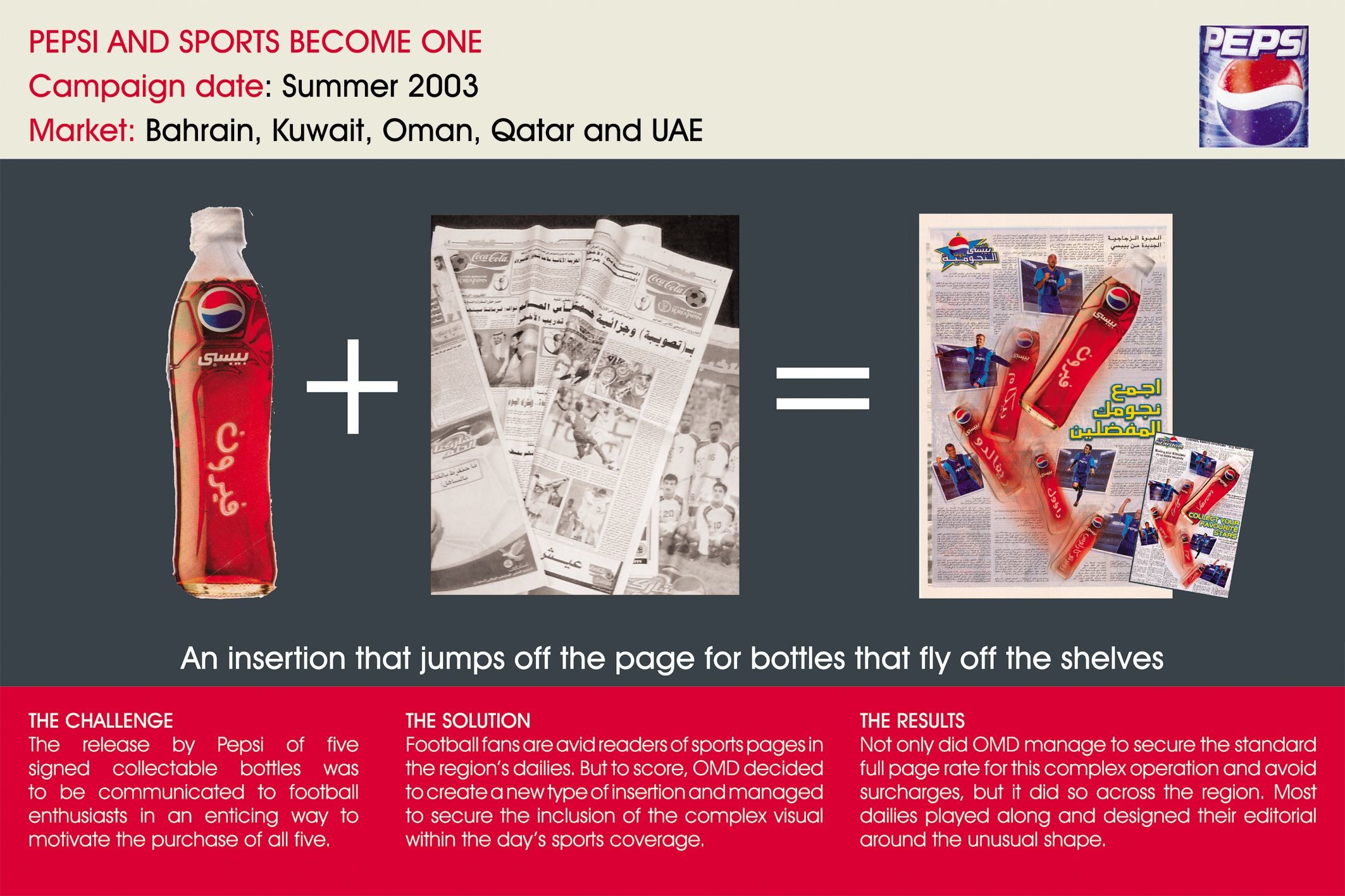Cannes Lions
Forbidden Number
AFRICA, Sao Paulo / ABINBEV / 2020

Overview
Entries
Credits
OVERVIEW
Background
In 2019, an ever-growing number of cases of homophobia in soccer stadiums gained great repercussion in the media. It is not a soccer-related problem, of course. In Brazil, homophobia is so engrained in its culture that there is a forbidden number. In the first division league club, there is no team with a number 24 jersey. A number that has been long associated with homosexuality due to a famous gambling number. In “jogo do bicho”, 24 is the number of the deer, an animal associated with gay men. Through time, it became a way to express prejudice. No man in Brazil wants to have his image associated with the number 24. Even in Congress, there is no cabinet #24. When Kobe Bryant passed away, it was time to show that #24 could mean greatness and end the #24 stigma.
Idea
The solution to address homophobia in stadiums came about using a negative symbol in soccer itself: the shirt number 24. In Brazil, jersey number 24 is associated with gay men. No player of main clubs had used the number 24 for a season. None of them wanted to become the target of jokes or controversy involving the fans or opponents.
Brahma beer, as the biggest sponsor of Brazilian soccer, decided to join the debate and start a powerful movement against homophobia. Through a social media post, Brahma invited the biggest soccer clubs to take the field wearing a jersey with the number 24 on it: the number of respect. Bahia’s player Flávio did it. Soon enough the fans and big clubs began leaning in favor of the movement. And, acting unprecedentedly, the big clubs be-gan taking the field with the number 24. With the number of respect.
Strategy
Homophobia is a harsh topic to talk about, even more, when it comes to soccer. It’s a manly environment, known for its toxic behavior among fans. When a beer brand wants to talk about it, it can be even more dangerous. People expect a beer brand to be joyful, not to address social issues. Even though, Brahma believed that homophobia has been taking fans away from soccer and wanted for everyone to be welcome to cheer. Our strategy started on the field, when Brahma invited Bahia to start the movement, and went online, by posting about the subject. Brahma received a lot of rages but remained in the path of taking a side. Brand’s audience answered the call and started asking their clubs they support to join the cause. When major clubs came on board, the number 24 became more usual and a symbol of acceptance.
Execution
Finding a club brave enough to address a topic as homophobia in soccer was a difficult task. Bahia was the right call. It has been a progressive club for years and shares the same belief as Brahma. But there was another challenge ahead: which player would have the guts to wear the #24 jersey? Flávio stood out. The midfielder saw no problem in wearing the jersey and making #24 get another meaning in soccer. On January 27th, during a game in Salvador, Brazil, Flávio became the first player in a national league to use the #24 as his official number. Brahma used social media to spark the conversation. After a lot of rages on the comments, and even more support, major teams came on board. During the next weeks, players all over Brazil entered the field with a #24 printed on their back.
Outcome
- Posts with the hashtag #TheNumberOfRespect generated more than 221 million
impressions with 47k unique authors.
- 318 million impressions in news portals.
- 29 million Brazilian reals in spontaneous media.
- 73.363 mentions in the digital environment with 65% of those being positive.
- The biggest search peak for the term “camisa 24” (jersey no.24) in the last 5 years.
Similar Campaigns
12 items





